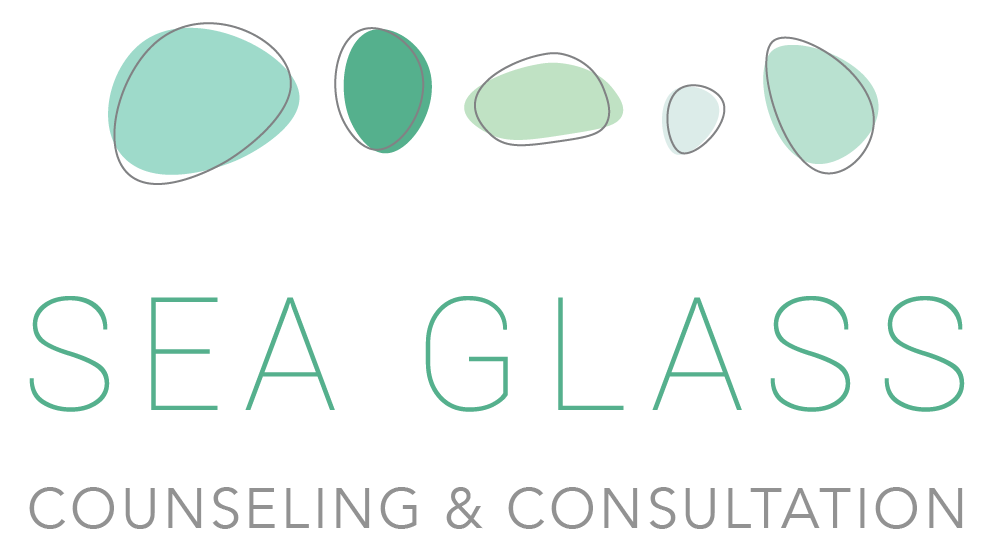How to Set Realistic Expectations in Your Relationship
While it’s never been easy, it seems like it’s harder than ever to set realistic expectations for what our relationships should look like. Perhaps that’s because we’re constantly exposed to perfectly curated social media posts of happy-looking couples on vacations in exotic locales. Or maybe it’s because we dive into movies and television shows that depict toxic on-again-off-again dynamics as the apex of romantic love. All too often, we end up caught between these oppositional forces—looking for a perfect match that may not exist or accepting an abusive partner in their place.
Here are some helpful tips to get you started with setting realistic expectations for your relationships, instead of chasing after something that may not be all it’s cracked up to be.
Get to know yourself
The first and most important step in setting realistic expectations for your relationships is taking a step back to get to know yourself, and exactly what you’re looking for. This shouldn’t be a wishlist or a recipe for a ‘perfect’ partner—it’s about you. If you find yourself drifting into that territory, bring it back to ground zero and refocus on yourself.
Some of the key questions you should ask yourself are:
What needs and desires am I looking to have met?
What are my deal breakers?
How do I want to handle conflict in the relationship?
What am I willing to compromise on?
What are my goals for a future relationship?
Again, this is more about you than your partner. Setting realistic expectations is first and foremost about knowing what you’re searching for, and how important it is to you. Part of the reason this is such an important process is that knowing yourself will make it easier for you to advocate for yourself, and understand what your partner’s wants and needs are.
Listen to your partner
More often than not, when it comes to relationships people are trying to communicate—they just don’t know how to listen. Your partner will show you how much they’re willing to commit to your relationship through their actions and words. Don’t read into things. Ask them the same questions you’ve asked yourself, and make sure that their actions match what they’re saying. Don’t stay in a relationship that makes you miserable because you’re hoping you can change their mind.
Respect your partner’s expectations the same way you want them to respect yours.
Compromise
Understand that your expectations, boundaries, and goals for your relationship can change over time. That’s natural. You might find that there are areas where your relationship doesn’t live up to what you were hoping for—maybe you were looking for a golf buddy or someone to cuddle up on the couch with to binge-watch Netflix with, and your partner just isn’t into that. You might decide that there are things about them that make up for those differences.
Look for the middle-ground on disputes. In a healthy relationship, when one partner has a problem, both partners need to work together to solve it.
Imperfection is natural
A big part of setting realistic expectations for a relationship is understanding that things won’t always be perfect. Instead of pulling the plug at the first sign of trouble, plan for how you’re going to handle it when it comes up. Instead of blowing up because your expectations aren’t being met, fall back on the things you spent time laying the groundwork for. You’re both human. It’s natural for you to make mistakes. That doesn’t mean you have to accept every apology—especially if their words aren't backed up by actions. It does mean recognizing that no relationship is as perfect as it seems on social media. You’re going to have bad days, too.
Counseling
A qualified therapist or counselor can provide you with the tools you need to set realistic expectations for your relationships. Regardless of whether you’re in a relationship already or not, it’s a good idea to take a step back and ask yourself these important questions. If you’re interested in learning more, please don’t hesitate to reach out to learn more about couples therapy.
Sea Glass Counseling and Consultation is an EMDR therapy practice in Dublin, Ohio. Our compassionate, skilled therapists use evidence-based techniques grounded in the neurobiology of stress, trauma, and relationships to make sure your treatment is personalized and effective. Sea Glass therapists provide telehealth counseling in Ohio for individuals and couples. We’re best known for providing Intensive EMDR therapy, anxiety treatment, and sex therapy for Christians. Interested in working together? Contact us today to get started with a Certified EMDR therapist in Ohio.

